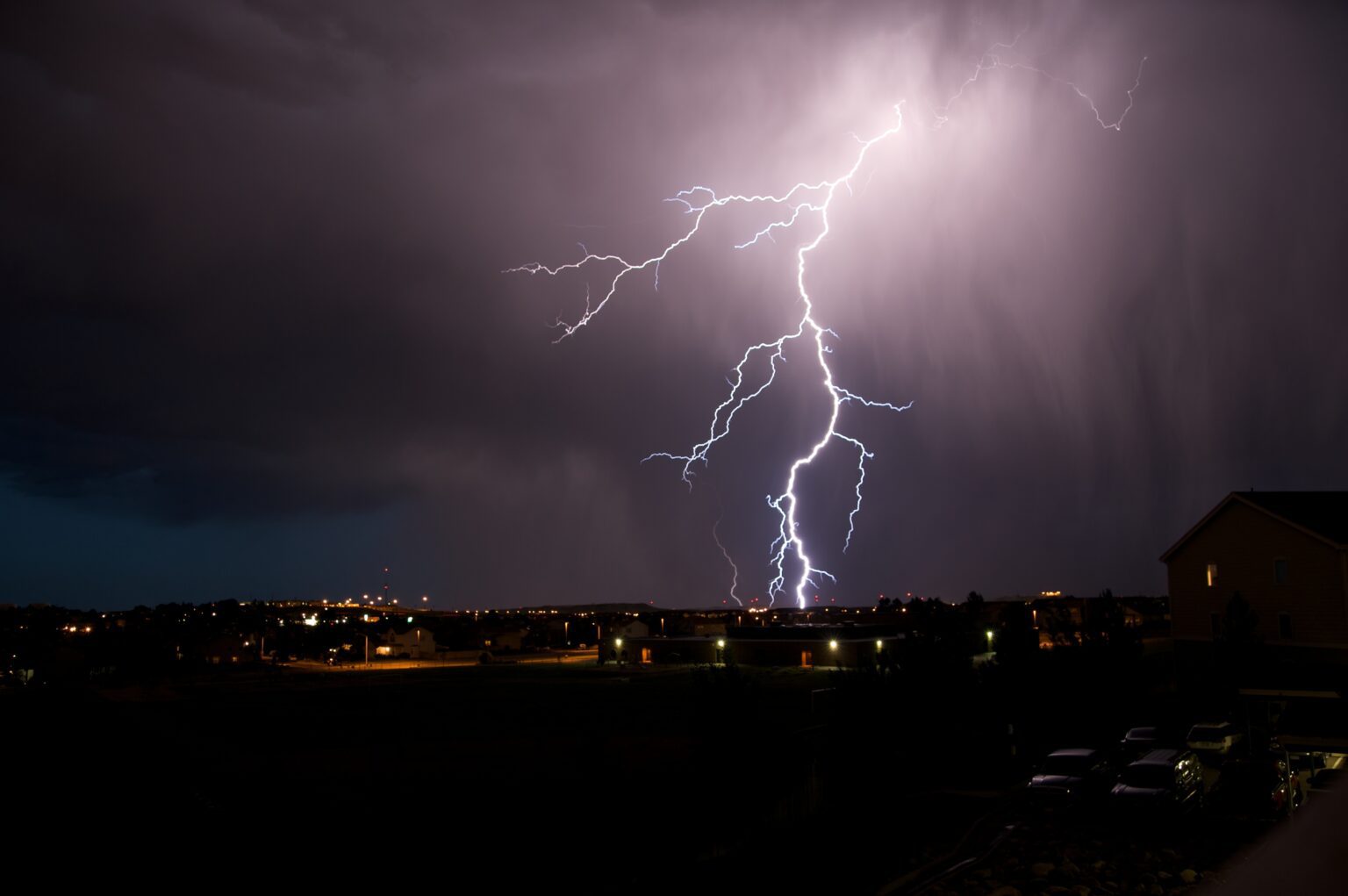Lightning strikes are an often overlooked but significant fire hazard. The German Society for Lightning Protection (DGfB) states that about 100,000 lightning strikes are registered in Germany every year. Of these, about 30% cause material damage and about 5% start fires.
What happens during a lightning strike?
Lightning is a natural phenomenon that releases electrical energy. This energy can reach a temperature of up to 30,000 Kelvin, almost five times hotter than the surface of the sun. When lightning strikes a building, this enormous thermal energy can instantly ignite flammable materials nearby.
Which buildings are most at risk?
Buildings that have a high content of combustible materials, such as barns, warehouses and wooden houses, are particularly at risk. Statistics show that such buildings often burn down completely when struck by lightning. Fire damage from lightning strikes averages 200 million euros per year in Germany.
How can we protect ourselves from lightning strikes?
An effective way to protect buildings from lightning strikes is to install lightning conductors. Lightning rods safely dissipate the electrical energy of a lightning strike into the ground, preventing a fire from starting. The DGfB recommends the installation of lightning conductors for all buildings, especially those with a high fire risk.
Are there innovative solutions in fire protection?
Yes, in recent years, technology in the field of fire protection has made considerable progress. For example, "early warning" systems are becoming more common. These systems detect lightning strikes in real time and alert residents or the fire brigade at an early stage. Such systems could help reduce the average fire damage caused by lightning strikes in Germany.
How can we prevent fires during a thunderstorm?
It is important to take some precautions during a thunderstorm to prevent fires. A few simple steps can help minimise the risk:
- Switch off electrical appliances: If a thunderstorm is approaching, unplug all non-essential electrical equipment to protect it from surges.
- Caution outdoors: If you are outdoors and a thunderstorm is approaching, seek shelter in a building or vehicle as soon as possible.
- Storage of flammable materials: Store flammable materials such as petrol, gas or chemicals safely and away from buildings to minimise the risk of ignition.
- Install smoke detectors: Smoke detectors can detect fires at an early stage and sound the alarm to protect lives and property.
- Have fire extinguishers ready: Ensure that fire extinguishers are in good condition and easily accessible for quick action when needed.
We are at your disposal as experts in the fields of lightning protection, fire protection and safety technology. With our many years of experience and technical know-how, we would like to offer you the best possible protection.
Contact us today to find out more about our services and to work out a tailor-made solution for your specific needs.
